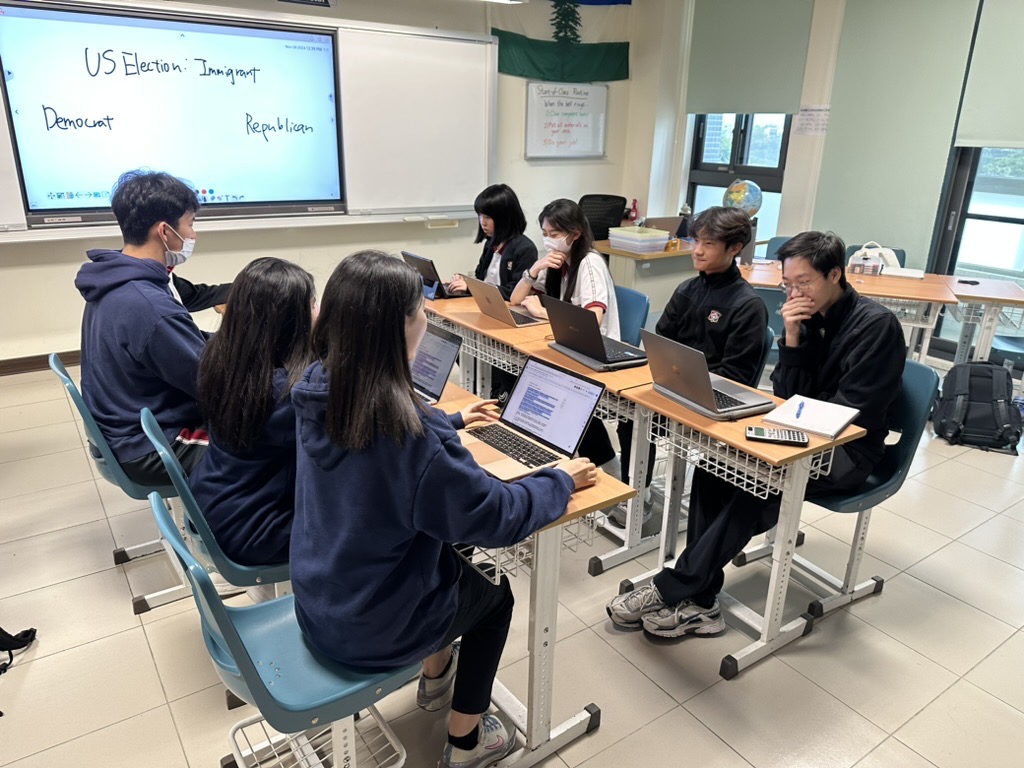
Motion: International organizations like the UN and WTO should be empowered to address their shortcomings, rather than being dismantled.
Arguments For:
- Addressing Political Interests: While acknowledging that bodies like the UN General Assembly can be entangled with political interests and the power of veto can be excessive, proponents argue that outright rejection is not the answer. Reforms are necessary to improve efficiency and reduce political maneuvering.
- Ensuring Collective Commitment: Empowering neutral organizations can prevent individual countries from withdrawing from crucial agreements, such as the Paris Agreement, due to short-sighted economic considerations. As the notes mention, “The U.S. was the world’s second-largest emitter, making its participation crucial for climate action.”
- Fostering Compromise: Bringing more issues and political bargaining chips to the forefront can foster compromise. With more room for negotiation, mutually restrictive agreements become more politically feasible.
- Reasonable Resource Allocation: Expanding UN power would allow for more rational resource allocation. Currently, investments in developing countries often prioritize individual national interests over collective human interests, leading to wasted resources.
- Mitigating Global Challenges: Expanding UN power is like adding more airbags and armor to a car. The goal is to mitigate damage and foster collaboration.
Arguments Against:
- Financial Burdens: UN and WTO agreements can place disproportionate financial burdens on developed nations. The demand for funds from developed countries to initiate climate change programs can hinder domestic efforts.
- Unintended Consequences: Imposing restrictions through international organizations can have unintended economic consequences, potentially hindering the development of nations reliant on traditional industries.
- Efficiency Concerns: The UN’s efficiency is questionable, and increased power could exacerbate political maneuvering among nations, leading to gridlock as countries prioritize their own interests.
- Flawed Classifications: The current system of classifying nations as “developed” vs. “developing” is flawed. Countries like China exploit this classification to have lax climate regulations, despite being major emitters.
- Sovereignty Concerns: Expanding the UN’s power inevitably raises concerns about intervention in domestic affairs and national sovereignty, potentially sacrificing the interests of developing nations.
Potential Solutions:
- Developed Countries Investing in Developing Nations: Developed countries, including those that falsely identify as developing, could invest in new enterprises in developing nations. This would foster new opportunities while simultaneously curbing climate change.
- Balancing National Responsibility and International Cooperation: Nations must take responsibility instead of delegating it all to international organizations. Giving up some self-management allows for a third party, not subject to a particular sovereign power, to facilitate more reasonable, logical, and unbiased international cooperation.
Conclusion:
The debate highlights the need to balance the benefits of international cooperation with the potential drawbacks of ceding sovereignty and imposing undue burdens. The key lies in reforming international organizations to address their flaws, ensuring fair resource allocation, and fostering a sense of shared responsibility among all nations.